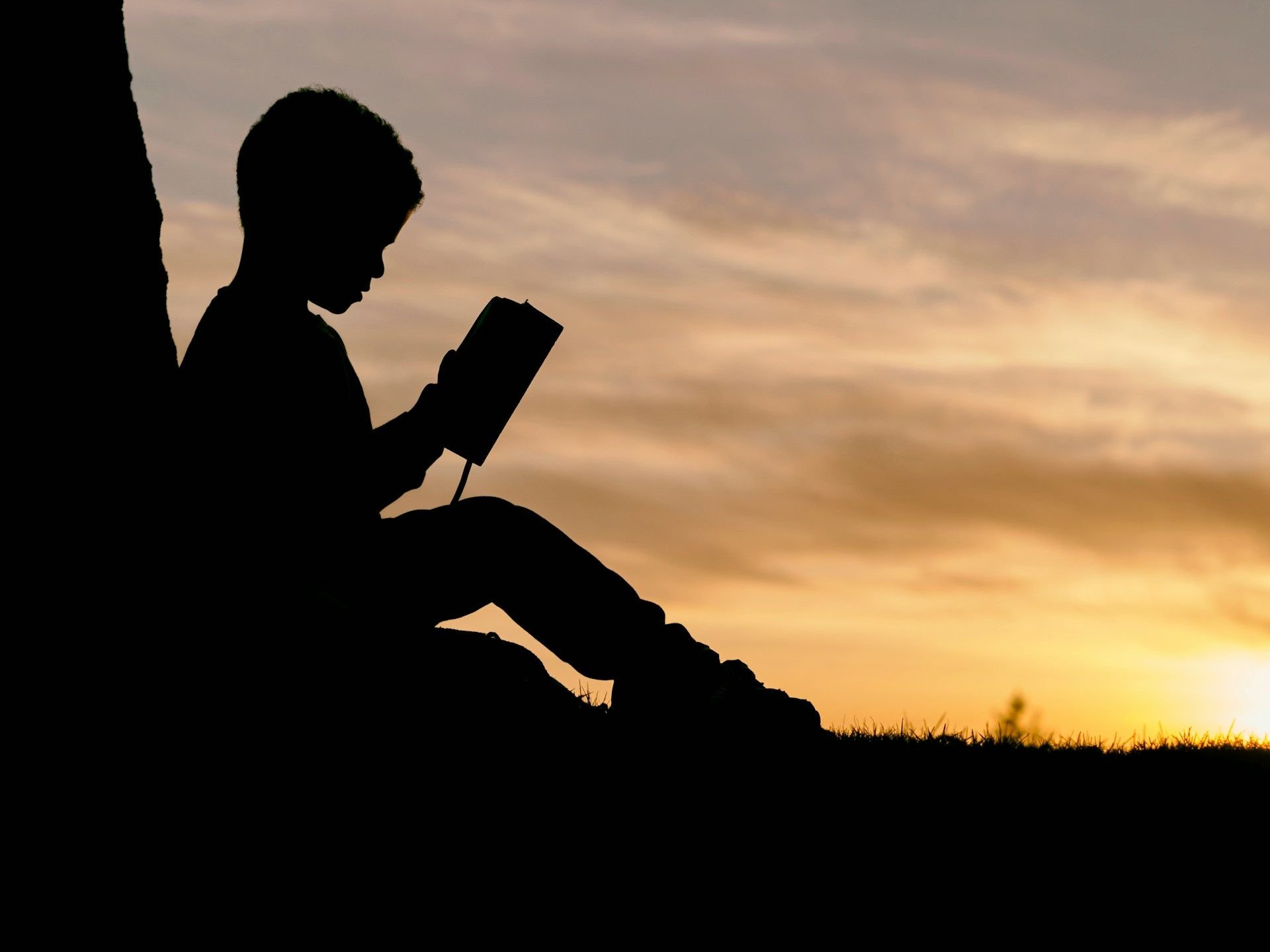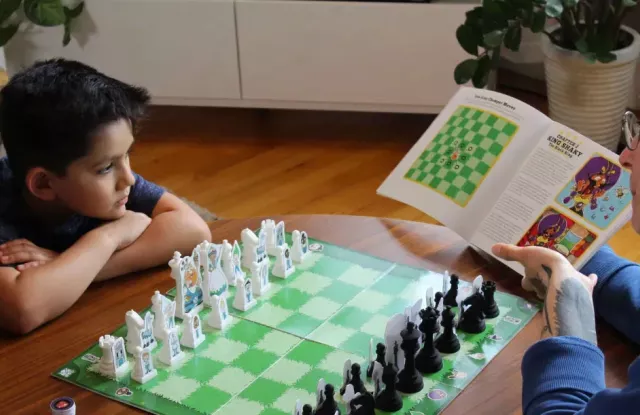Why GenZ Doesn’t Read Books Anymore


Photo by Aaron Burden on Unsplash
Jean Twenge is a professor of psychology at San Diego State University. She recently wrote an article exploring why young people no longer read many books. Some excerpts:
Students are intimidated by anything over 10 pages and seem to walk away from readings of as little as 20 pages with no real understanding.
In 1976, nearly 40% of U.S. 12th graders read 6 or more books for pleasure in the last year. By 2021-22, it was down to 13%. The number who did not read a single book for pleasure went the opposite way.
More stunning are the number of academically inclined students who now don’t read at all – more than 1 out of 3. So these days in an honors class of 30 students all aiming for graduate school, 10 have not read a book not assigned for school in the last year.
Percent of U.S. 12th graders reading none vs six or more books
So where is the time once spent reading going? Screens are the inevitable conclusion. After 2012 Snapchat, YouTube, Instagram and eventually TikTok started to fill an increasing number of hours in teens’ lives – nearly 5 hours a day by 2023, according to Gallup.
With social media algorithms pulling them back over and over, when would teens have time to read? As writer Matt Feeney noted, his daughters were deep into reading as middle-schoolers. “Then, after we gave them the phones they’d long been clamoring for,” he writes, “their recreational reading of books basically ended.”
Overall, the decline in reading has broad implications. Most immediately, middle school and high school teachers will have more students who rarely read. The same will be true for college faculty.
High schools may be compounding the problem. At my oldest daughter’s high school, regular English classes no longer assign books, only short stories and articles.
Complex ideas are difficult to fully communicate in a text, Instagram caption, TikTok, or listicle. As a result, our politics have increasingly played to the lowest common denominator with the simplest ideas possible. The results have often not been pretty.
What to do?
Long form learning through books is critical for intellectual and social development. What if a big reason that young people are increasingly anxious is that their spirits sense they are missing out on what’s important in life – books, relationships and life outdoors? So many have a social media addiction and need help with it. Parents especially need to help. Self-governance does not come naturally for most children – it must be taught.




100%!!!!
Very scary scenario this paints on our culture. Well written